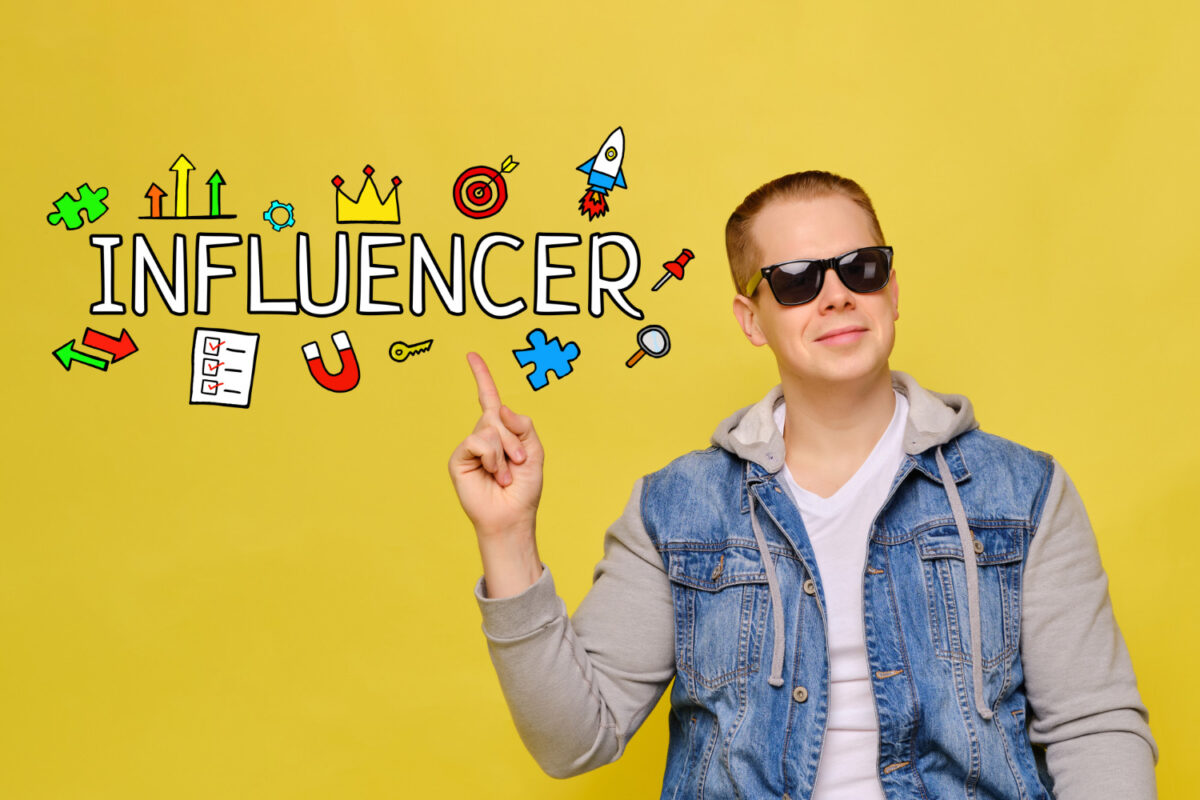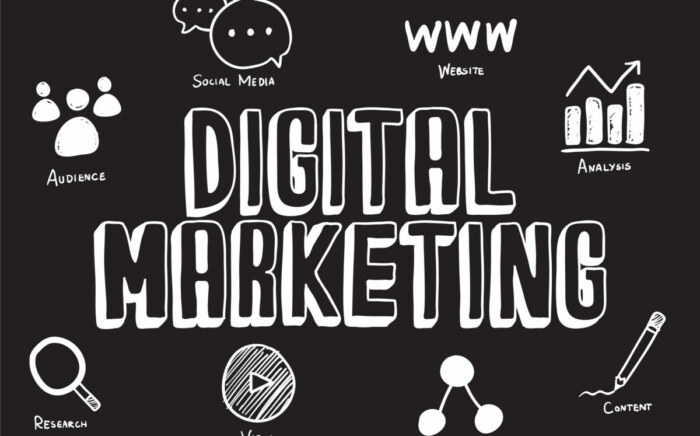Remember when ads were simply commercials on TV or banners in magazines? Then came the era of social media and, with it, the rise of influencer marketing. But as we edge deeper into the digital age, one has to wonder: Is influencer marketing still as effective as it once was?
Introduction to Influencer Marketing is all about leveraging the power of individuals who have influence over a particular audience. It’s not about celebrity endorsements (although celebrities can be influencers); it’s about real people sharing their genuine experiences with products or services.
A Brief History of Its Rise It started innocuously enough: Bloggers writing reviews, YouTube personalities recommending products, Instagram celebrities posting their favorite outfits. Before we knew it, influencer marketing became a multi-billion dollar industry.
The Digital Landscape Today Fast forward to today, and the digital landscape is more complicated. With algorithms constantly changing and new platforms emerging, brands and influencers alike need to stay on their toes.
Why Did Influencer Marketing Take Off?
Let’s take a trip down memory lane. Why did everyone jump on the influencer bandwagon in the first place?
The Power of Authenticity Unlike traditional advertising, influencers feel raw and authentic. It was a friend telling you about a product they loved. Who wouldn’t trust that?
The Broad Reach of Social Media Platforms Suddenly, a single post could reach thousands, if not millions. The potential for virality made influencers a tantalizing prospect for brands.
Consumer Trust in Peer Recommendations Word of mouth has always been powerful. Now, it was on steroids, amplified through the megaphone of social media.
Challenges Faced by Influencer Marketing
But, of course, it wasn’t all rosy.
Saturation in the Market With everyone wanting a piece of the pie, influencers became saturated. Can you tell a genuine post from a sponsored one nowadays?
Issues of Authenticity and Trust Reports of influencers buying followers and engagement brought up serious trust issues. Were those rave reviews genuine or just paid endorsements?
The ROI Dilemma Was the investment in influencers truly paying off? Brands began to question their returns.
Is Influencer Marketing Still Effective Today?
So, here’s the million-dollar question.
The Changing Face of Influence Influencers are no longer just individuals but communities, platforms, and even algorithms.
Niches and Micro-Influencers Instead of mega-celebrities, brands are now turning to micro-influencers – those with smaller, but more engaged audiences.
Adapting to New Consumer Expectations Consumers are savvy. They crave genuine connections and are quick to spot insincerity.
The Future of Influencer Marketing
Where are we headed?
Evolving Platforms and Technologies Augmented reality, virtual influencers – the future looks wildly different, and it’s exciting.
The Blend of Content and Commerce Soon, seeing a product on an influencer’s feed and buying it might just be a click away.
Conclusion In the ever-evolving world of digital marketing, influencer marketing, while facing challenges, is adapting and remains a potent tool. However, its effectiveness now hinges on authenticity, trust, and genuine value.
FAQs
- What is influencer marketing?
- It’s a type of marketing that focuses on using key leaders or influencers to drive a brand’s message to the larger market.
- Why did influencer marketing become popular?
- Due to its authentic feel, the broad reach of social media, and consumer trust in peer recommendations.
- What challenges does influencer marketing face?
- Market saturation, authenticity and trust issues, and determining ROI are major challenges.
- Are micro-influencers more effective than celebrities?
- They can be, as they often have more engaged audiences and can seem more authentic to their followers.
- Is influencer marketing still a viable strategy for brands?
- Yes, but it needs to be approached with authenticity and a focus on genuine value for the audience.



